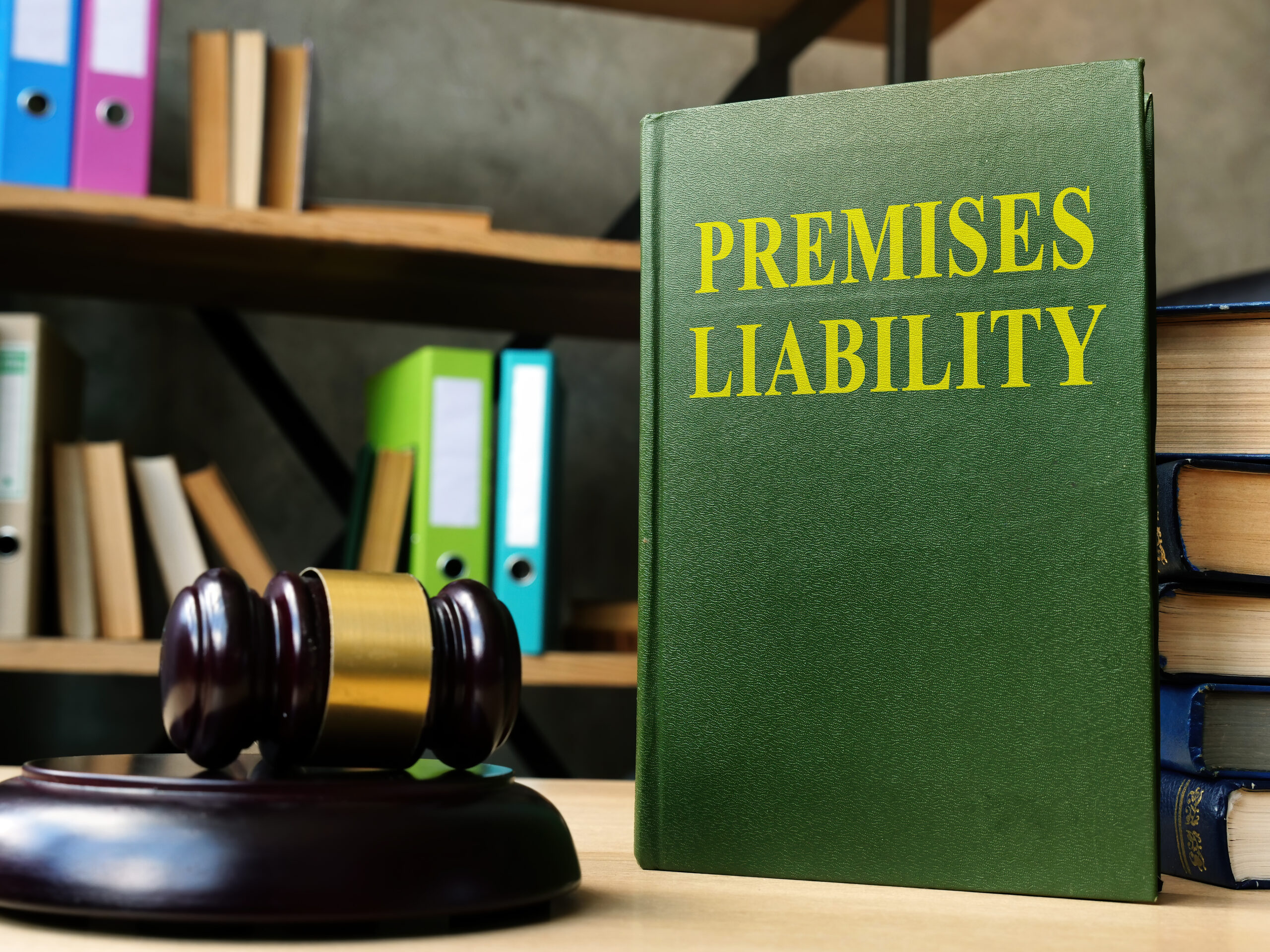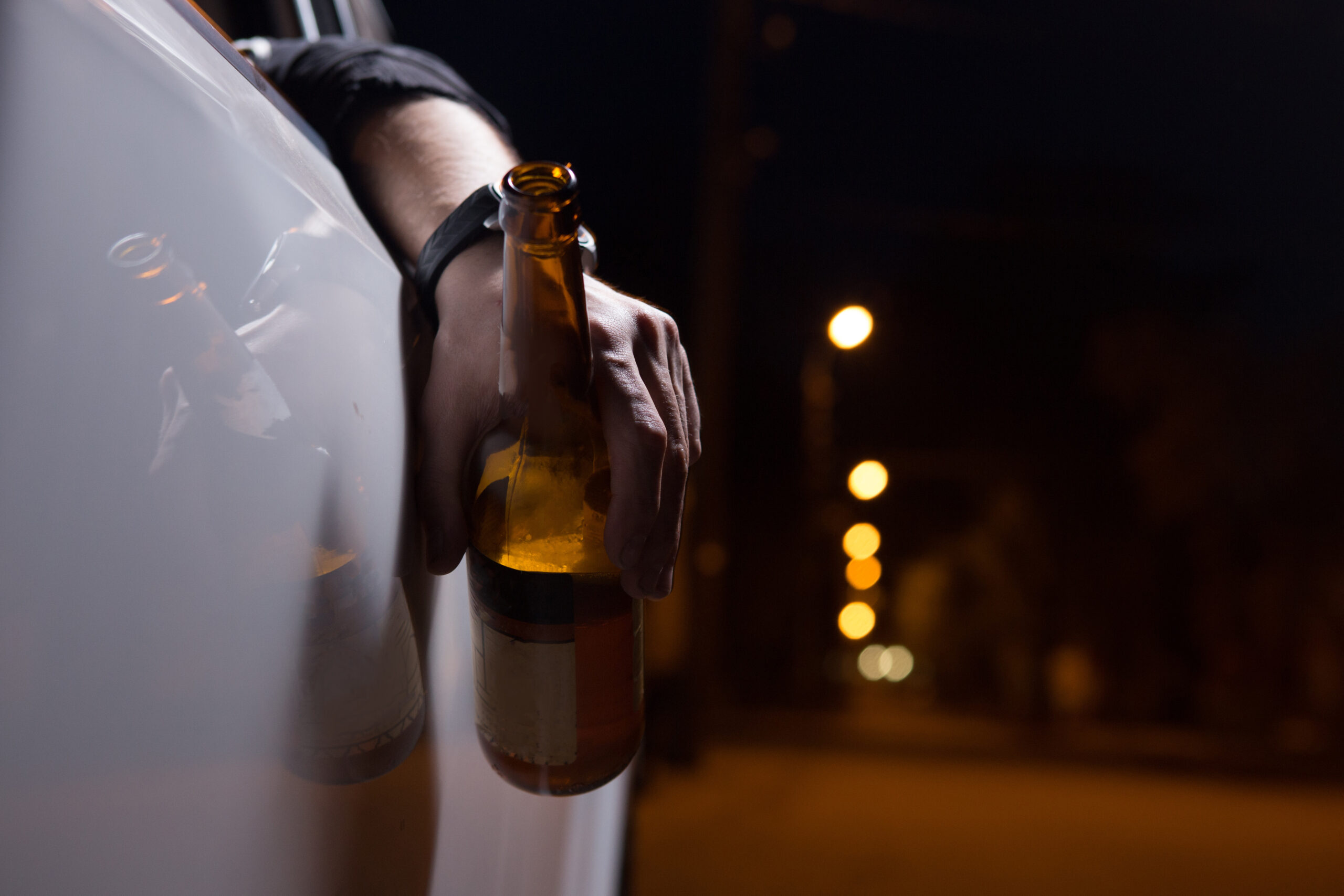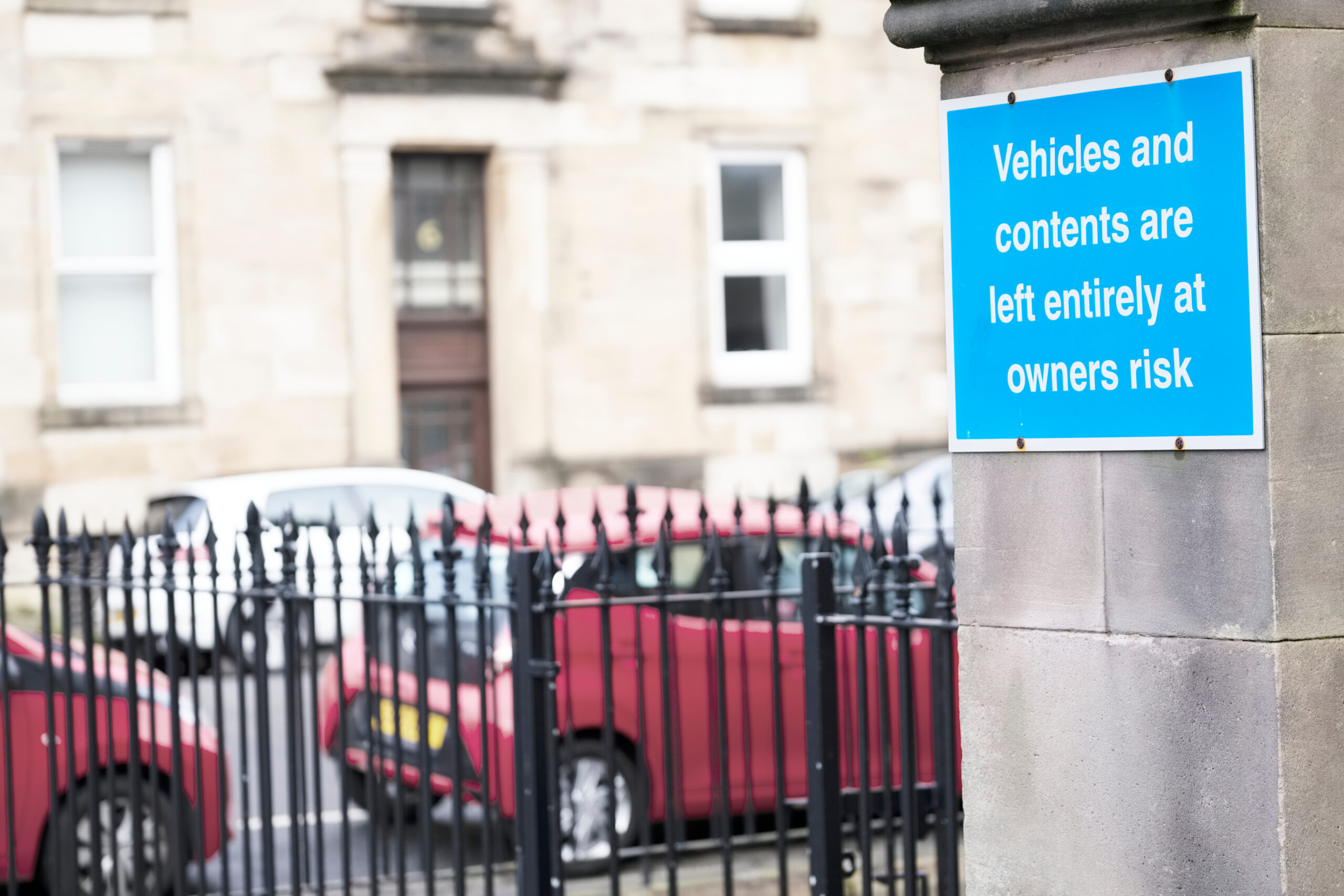So, you’re getting ready to host. Whether you’re preparing for a birthday bash or just setting up a movie night for friends, you want to make sure everyone has a good time and stays safe. But what happens if someone gets injured on your property at a party? What if you get hurt at someone else’s event? Understanding California’s premises liability laws can help you host safer get-togethers. (and know what to do if you get hurt at a party).
What Are Social Host Liability Laws in CA?
Homeowners generally have a “duty of care” to individuals on their property. That means they must use “reasonable care” to ensure that visitors or guests do not suffer injuries on the property.
“Everyone is responsible, not only for the result of his or her willful acts, but also for an injury occasioned to another by his or her want of ordinary care or skill in the management of his or her property or person, except so far as the latter has, willfully or by want of ordinary care, brought the injury upon himself or herself. The design, distribution, or marketing of firearms and ammunition is not exempt from the duty to use ordinary care and skill that is required by this section. The extent of liability in these cases is defined by the Title on Compensatory Relief.”
California Civil Code Section 1714(a)
Importantly, duty of care also extends to trespassers and licensees, as well as invitees. So if those kids who always cut through the yard on their way to school could trip in a pit you dug out recently, you may want to patch it up. However, if a trespasser poses a threat – such as during a burglary – a landowner may not be liable for injuries to that party.
Hosts may be held liable for an invitee’s injuries if they fail to uphold their duty of care.

How Much Will I Pay If Someone Gets Injured At My Party?
California uses comparative negligence when determining how much compensation an injured party should receive in premises liability cases. Under comparative negligence doctrine, the amount of compensation an injured party can receive depends on the percentage of fault they share.
For example, let’s say a guest at your party gets drunk and hurts themself falling on a public road outside. The guest then files a personal injury lawsuit against you. That guest has a slim chance of receiving compensation, since they weren’t injured on your property (and the injury occurred while intoxicated – more on that soon).
Now, let’s say a sober guest hurts themself falling off your porch because the railing breaks under them. If that guest files a personal injury lawsuit, they could receive compensation since you failed to take reasonable safety measures (ensuring the railing was stable).
Injured parties in premises liability suits can obtain compensation in the form of damages for medical expenses, lost income, pain and suffering, and more.
Speaking of drunk guests…

Am I Liable If a Guest Drinks and Drives?
Many hosts worry that they could be held liable if a party guest drinks and drives.
According to California Civil Code Section 1714 (b) and (c),
The furnishing of alcoholic beverages is not the proximate cause of injuries resulting from intoxication, but rather the consumption of alcoholic beverages is the proximate cause of injuries inflicted upon another by an intoxicated person.
(c) Except as provided in subdivision (d), no social host who furnishes alcoholic beverages to any person may be held legally accountable for damages suffered by that person, or for injury to the person or property of, or death of, any third person, resulting from the consumption of those beverages.
However, according to Section (d),
Nothing in subdivision (c) shall preclude a claim against a parent, guardian, or another adult who knowingly furnishes alcoholic beverages at his or her residence to a person whom he or she knows, or should have known, to be under 21 years of age, in which case, notwithstanding subdivision (b), the furnishing of the alcoholic beverage may be found to be the proximate cause of resulting injuries or death.
In other words, unless you provide alcohol to an individual under the legal drinking age, you don’t need to worry about being held liable if a guest drinks and drives or gets injured while intoxicated.
Reducing Liability As a Host – Taking Care of Your Guests
At this point, you know the name of the game as a host is proving that you upheld your duty of care. You can do a few things to help keep guests safe and avoid liability…
Take Common-Sense Safety Measures
The easiest way to prevent a premises liability suit is by making your living space and property safe for guests. You’ll want to take measures such as…
- Patching cracks in pavement or sidewalk, and making sure walkways are level to avoid guests tripping on them;
- Putting railings around porches, balconies or other platforms a guest may fall from;
- Making sure your yard is well cared for, and potential hazards such as gopher holes, sidewalk cracks, or loose tools are taken care of;
- Ensuring staircases are easy to navigate and feature railing to prevent guests from falling;
- Rounding off hard or sharp edges on surfaces such as counter tops, shelving, or tables a guest could fall on;
- Making sure there aren’t slippery surfaces where guests are likely to walk, reducing their chances of falling;
- Putting breakable objects in a safe place where they aren’t likely to shatter or hurt guests if they fall.
- Checking in with guests about food allergies beforehand to ensure nobody receives food they’re allergic to.
Generally, it’s not too difficult to ensure your living space is safe. Obviously, you don’t want to live in fear of any sharp edge or ornament being used against you. That’s where our next tip comes in.

Use Signage to Make Guests Aware of Potential Hazards
You won’t always be able to repair every sidewalk crack or move every breakable object before a gathering – and let’s be honest, you shouldn’t have to.
While making your home safe is important, you can also utilize signage to make guests aware of potential hazards. A simple sign pointing to a crack in a walkway that says “Watch Your Step! Don’t Break Your Mother’s Back!” or something similarly fun can save you a lot of hassle – and your guests some scrapes and bruises.
If you plan on hosting a party at night, you should ensure that signage is reflective or well-lit to help guests see it.
What If I Still Get Sued?
In a personal injury or premises liability suit, the court looks at…
- How likely the injury was (in context of how it happened);
- The seriousness of the injury;
- The likelihood of someone else suffering that injury in the same way;
- Whether the owner knew (or should have known) of the condition leading to their injury;
- If the owner did anything to prevent the injury;
- How difficult preventing the injury would have been with different safety measures;
- How much control the owner had over the injury.
Your chance of being held liable for injuries is greatly reduced if you take the appropriate measures to protect guests.
If you are held liable, your homeowner’s or renter’s insurance may pay out the injured guest, not you. Hopefully, this blog has shown you what to look for when hosting or if you’re injured at a party.
At Wilshire Law Firm, our premises liability lawyers are dedicated to helping injured parties receive the help they deserve. Contact us online or via phone at (500) 501-3011 to schedule a free, discrete consultation with our team.











